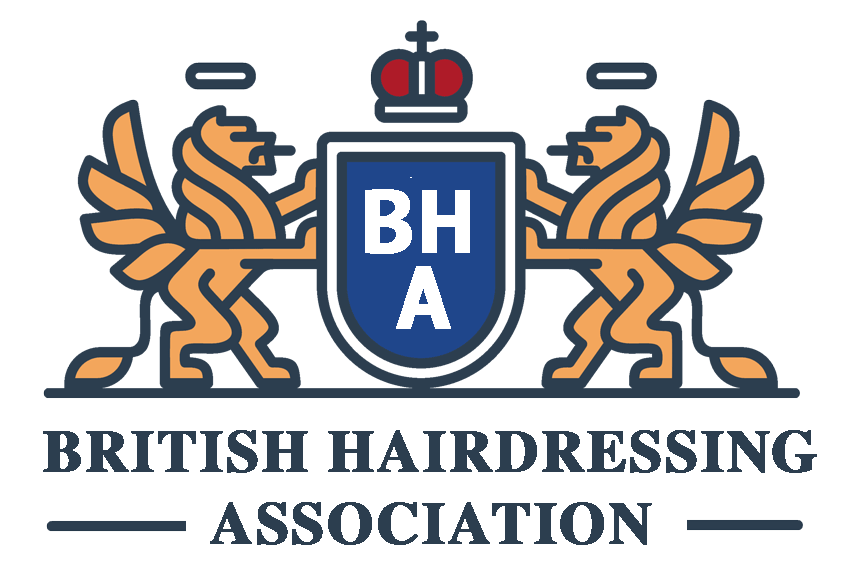Hairdresser Licenses and Certifications in the UK: Understanding Regional Differences
The pathway to becoming a licensed hairdresser in the UK may appear straightforward at first glance. However, regional variations make the process unique depending on where one aims to practice. This article dives into the details of obtaining hairdresser licenses and certifications across different parts of the UK, helping aspiring professionals and salon owners navigate through the local requirements efficiently.
England: National Vocational Qualifications (NVQs)
In England, hairdressers typically pursue National Vocational Qualifications (NVQs). NVQs are recognized professional certifications that validate an individual’s skills. Aspiring hairdressers can complete an NVQ Level 2 in Hairdressing, which covers basic skills such as cutting, coloring, and styling hair. Advanced practitioners can pursue NVQ Level 3, focusing on more complex techniques and management skills.
For registration and licensing, hairdressers in England typically do not need a specific license to operate independently. However, individual councils might have their own requirements for operating a salon, including health and safety regulations that must be adhered to.
Scotland: Scottish Vocational Qualifications (SVQs)
Scotland follows a similar credentialing pathway as England, but with a distinct certification system called Scottish Vocational Qualifications (SVQs). The equivalent to NVQ Level 2 in England is SVQ Level 2 in Hairdressing, which includes modules on consultation, cutting, coloring, and customer service. For those looking to advance, SVQ Level 3 is also available, focusing on advanced hairdressing techniques and salon management.
Though Scotland does not require specific licensing for individual hairdressers, salon owners need to ensure compliance with local health and safety regulations. Additionally, some local councils may require specific permits for operating a business.
Wales: Joint Awarding Bodies and NVQs
Hairdressers in Wales can seek certifications through NVQs, similar to their English counterparts. The certifications are usually provided through joint awarding bodies that accredit vocational training courses. Like in England, NVQ Levels 2 and 3 remain the benchmarks for hairdressing qualifications in Wales.
While no specific licensing is mandated for individual hairdressers, salon owners must meet the local requirements set by their respective councils, including adhering to health, safety, and hygiene standards.
Northern Ireland: City & Guilds and Other Certifications
Northern Ireland offers NVQs for vocational training, provided primarily through City & Guilds and other recognized awarding bodies. Hairdressers can achieve NVQ Level 2 for foundational skills and NVQ Level 3 for advanced techniques and management practices.
Like the rest of the UK, Northern Ireland does not mandate a specific license for hairdressers. However, running a salon requires compliance with local council regulations involving health and safety, as well as necessary business permits.
Continuous Professional Development
Regardless of the region, continuous professional development (CPD) is crucial for hairdressers to stay updated with new trends, techniques, and health regulations. Various institutions and online platforms offer CPD courses that help hairdressers enhance their skills and maintain a competitive edge.
Conclusion
While the UK does not require a specific licensing system for individual hairdressers, certifications like NVQ and SVQ are essential credentials that validate one’s skills and training. Understanding regional differences in certification and local council requirements is vital for anyone looking to establish a successful career or business in hairdressing in the UK.


